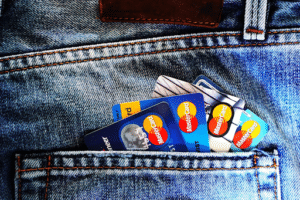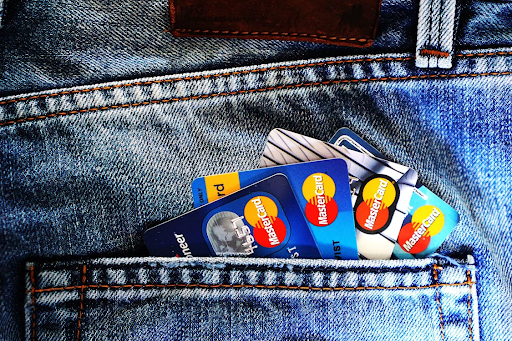Freelance Finances: Building Stability in a World of Uncertainty
When I first started freelancing, I thought the hardest part would be finding clients. I was wrong, The real challenge came a few months in—when I realized that my income was more unpredictable than the weather. One month I was celebrating, the next I was counting coins.
That’s when I understood: freedom is only fun when it’s financially stable.
And I’m not alone. Every freelancer I know has gone through the same thing. No fixed salary, late invoices, random dry spells. At first, it feels thrilling—no boss, no clock-in time. But sooner or later, reality kicks in. You’re not just doing your job—you’re also your own accountant, planner, and financial safety net.
For many of us, especially those working online, diversifying income is part of the solution. That’s how I stumbled upon the best forex affiliate programs. Platforms like AvaPartner allow you to refer clients to a trading platform and get paid commissions. It doesn’t replace your core freelance work—but it’s something that runs quietly in the background and pays you over time. If you already have a website, blog, or audience, it’s a smart addition.

Why Financial Planning Hits Different When You’re Freelance
When you have a full-time job, someone else takes care of taxes, pensions, health insurance, even paid time off. When you freelance—you’re the system. And without a structure, money slips through your fingers.
I used to spend freely during my high-earning months. Dinners out, tech upgrades, little “treats” I thought I deserved. Then came the quiet seasons—and panic. That cycle, repeated a few times, taught me the value of having a plan.
As Wikipedia puts it, personal finance is the art of managing your money for your future. For freelancers, it’s also about surviving the gaps between gigs.
Income Doesn’t Have to Be Predictable—But You Do
I don’t believe in rigid budgets anymore. What I do believe in is having a system that flexes with your flow. I started setting a “base income level”—what I needed to live comfortably but simply. Everything above that became savings, investments, or buffers.
Eventually, I opened a second bank account just for taxes and savings. I made it harder to spend without thinking. I also began tracking every job, every invoice, and yes—every unpaid one.
The Power of Small, Consistent Actions
One thing that surprised me was how powerful even tiny savings became when I was consistent. An emergency fund of $1000? That seemed impossible once. But by saving 5–10% of each gig, I hit it in under a year.
Around the same time, I began exploring extra income streams that didn’t require me to always be “on.” That’s where affiliate marketing made sense. Not pushy selling—but quiet linking. Things like AvaPartner’s forex affiliate program let me share useful content and still earn from referrals. It was honest, slow-growing—but solid.
Future You Will Thank You
What you do today—plan, track, adjust—will shape what kind of freelancer you are in five years. Will you still be chasing invoices or finally taking a week off without guilt?
It’s not about making six figures. It’s about feeling in control. It’s about knowing that your freedom isn’t fragile anymore.
So no, you don’t need to be a finance expert. But if you want your freelance life to last, you do need a system—and maybe a few quiet income streams on the side.




